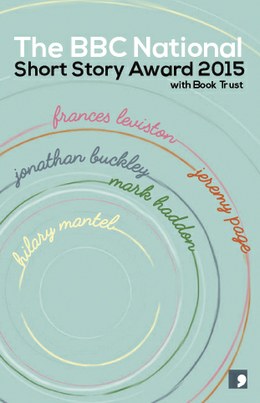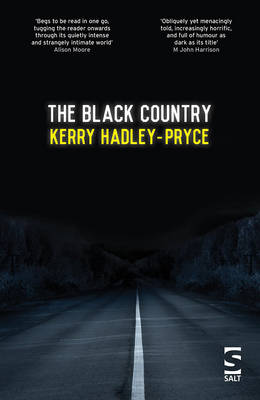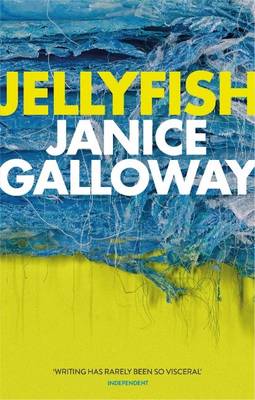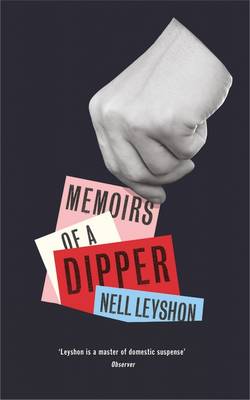This is part of a series of posts about the shortlist for the 2015 BBC National Short Story Award.
Thom goes to visit his girlfriend Susan’s parents in rural Wales. On the way there, he remembers Susan’s warnings about them sometimes walking around the house with little (if anything) to cover their modesty, and being free about touching each other. These colour the way Thom approaches the meeting, making an already awkward situation even more so. But Thom finds his feet with time – or at least he thinks he does…
I really enjoyed this story. Page’s humour really hits the mark, and I don’t mind admitting that this went a long way. There’s also a lightness of touch here which I don’t really find in the other stories, and it works well. But the heart of Page’s tale is the sense of Thom entering unfamiliar territory – a household and family whose conventions and codes he does not understand – and trying to find his way. It’s sharp and funny… good stuff.
Listen to a reading of ‘Do it Now, Jump the Table’
Anthology details (Foyles affiliate link)
The BBC National Short Story Award 2015, Comma Press paperback






Recent Comments